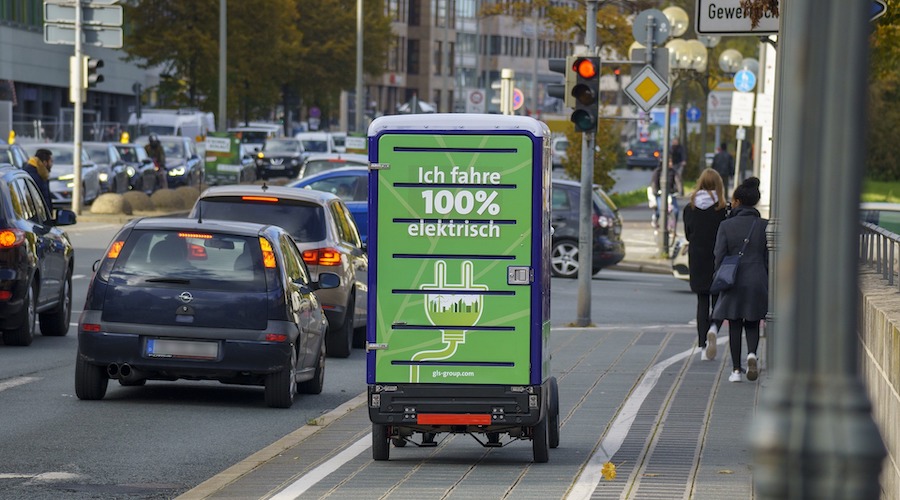Staff Writer | March 30, 2023 |

Electric vehicle. (Reference image by Manuel Alvarez, Pixabay.)
A team at Korea’s National Research Council of Science and Technology and Gwangju Institute of Science and Technology have developed a solution to improve the durability of lithium metal batteries, which involves using carbon fibre paper as the anode material.

In an article published in the journal Advanced Energy Materials, the scientists explain that even though lithium metal batteries have been recognized as promising rechargeable batteries because their anodes exhibit theoretical capacity 10 times higher than commercial graphite anodes, commercialization has been hampered by the fact that lithium dendrites tend to grow on the anode as charging-discharging cycles accumulate.
Dendrite formation leads to poor battery performance and short circuits.
To address this issue, the research team replaced the usually employed lithium metal-coated copper thin film with a thin carbon fibre paper containing lithium metal. The carbon fibre paper possessed a hierarchical structure on the carbon monofilament composed of amorphous carbon and inorganic nanoparticles, resulting in enhancing the lithium affinity and preventing the growth of lithium dendrites.
Previous research showed that copper thin film anodes short-circuit after approximately 100 cycles. The new carbon fibre paper anode, on the other hand, exhibits excellent cycling stability for 300 cycles.
Lithium metal batteries using the carbon fibre paper show a high energy density of 428 Wh/kg, which is approximately 1.8 times higher than that using copper thin films.
According to the scientists, in addition to improved performance, the new solution simplifies the electrode manufacturing process because the molten lithium is quickly infused into the carbon fibre paper.
“Considering the five times lower density and lower cost of carbon fibre compared to copper, our proposed anode material is an important achievement that can accelerate the commercialization of durable and lightweight lithium metal batteries,” lead researcher Sung-Ho Lee said in a media statement.
No comments:
Post a Comment